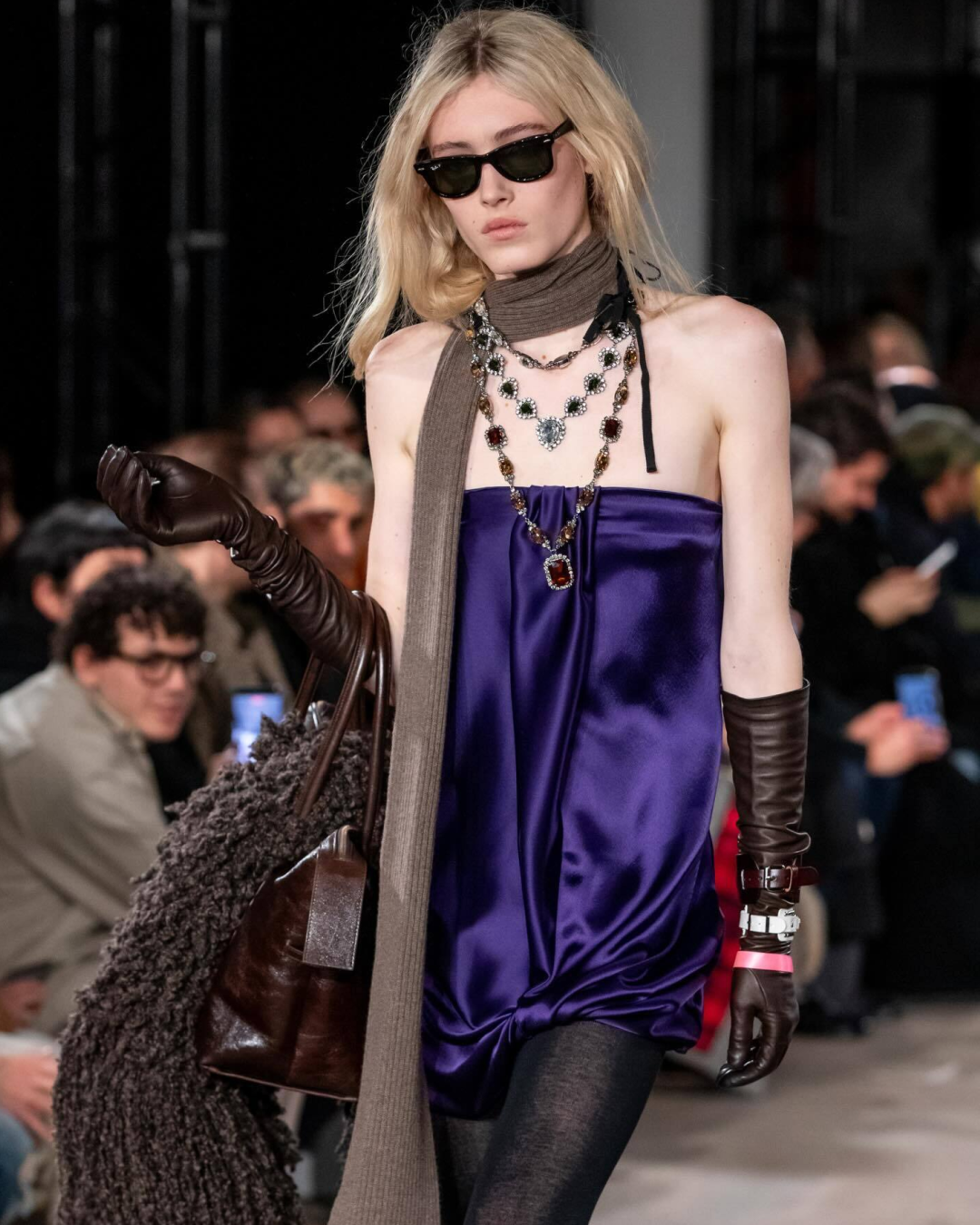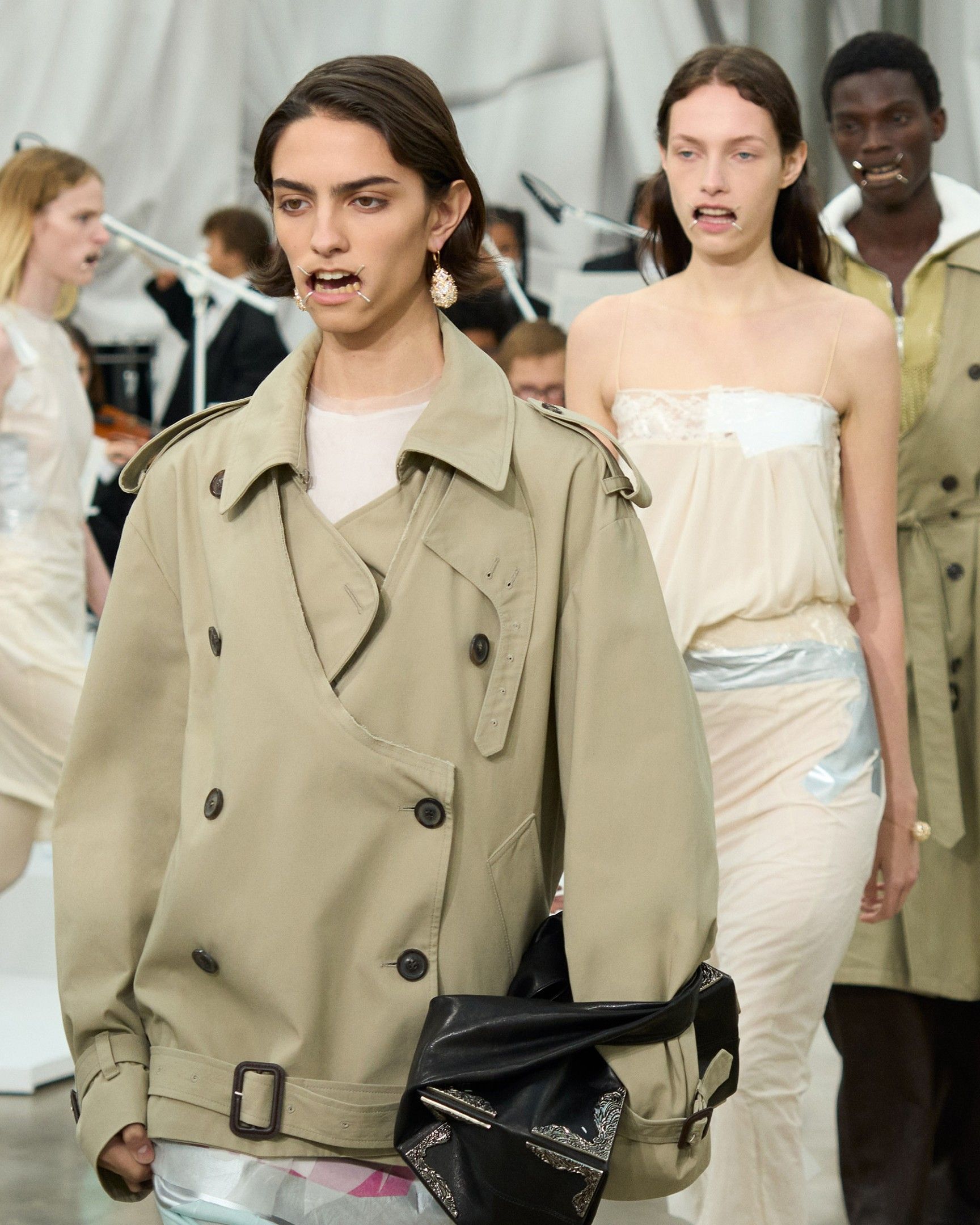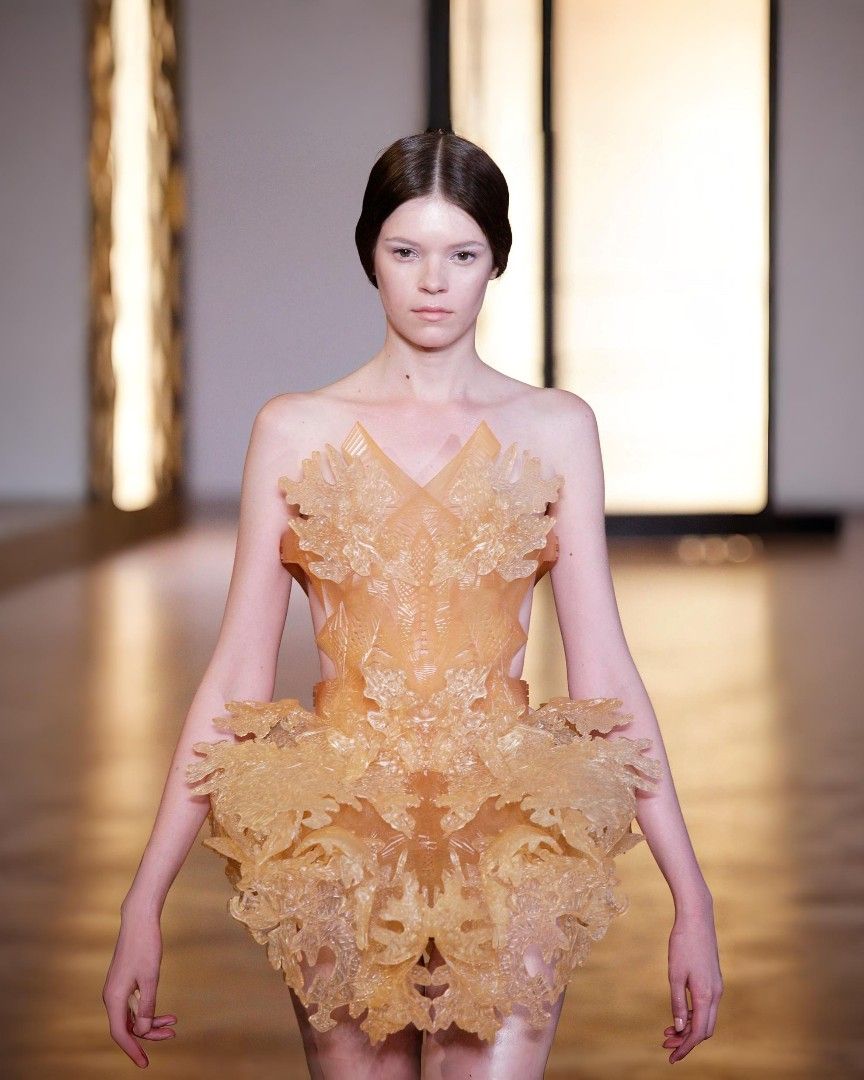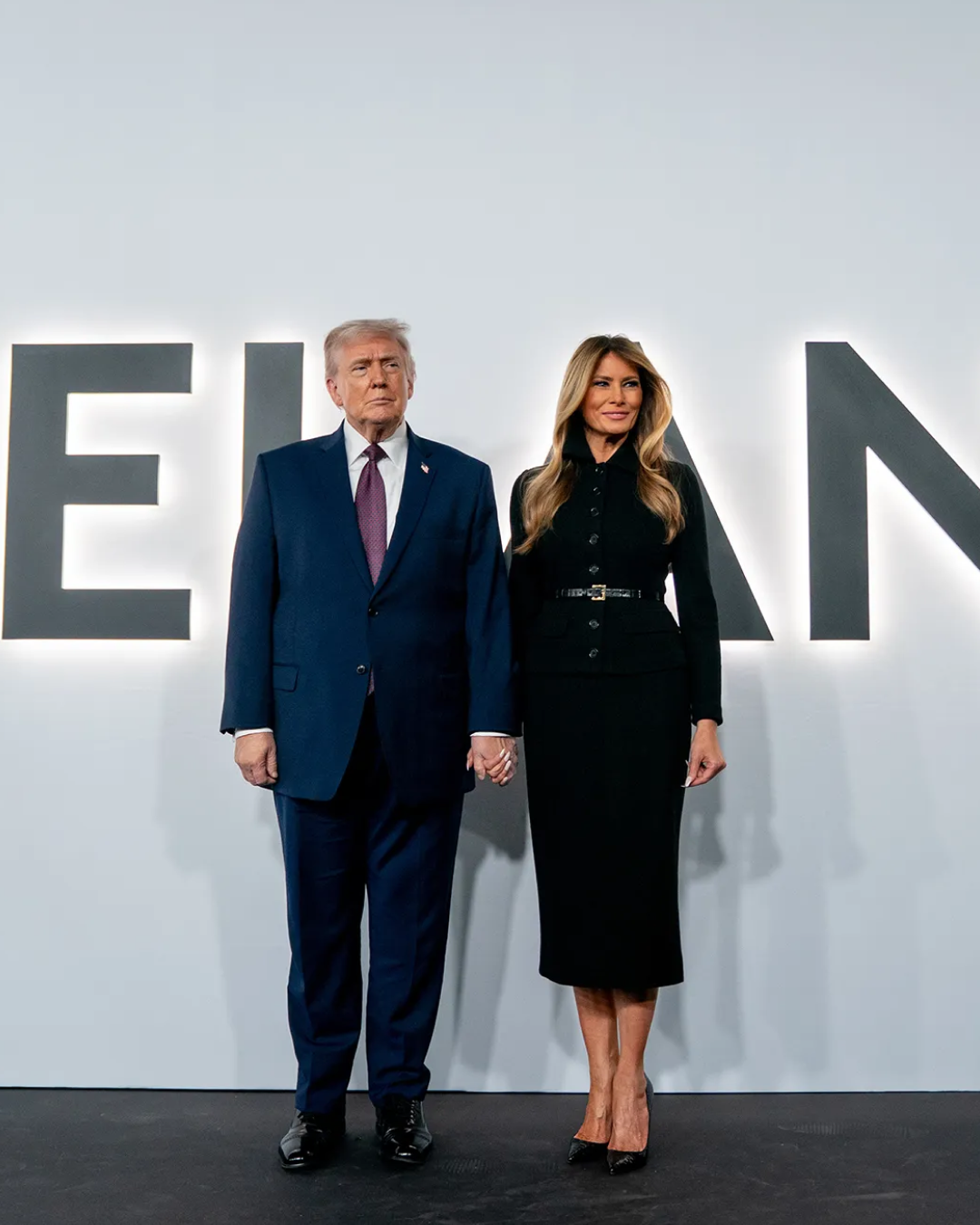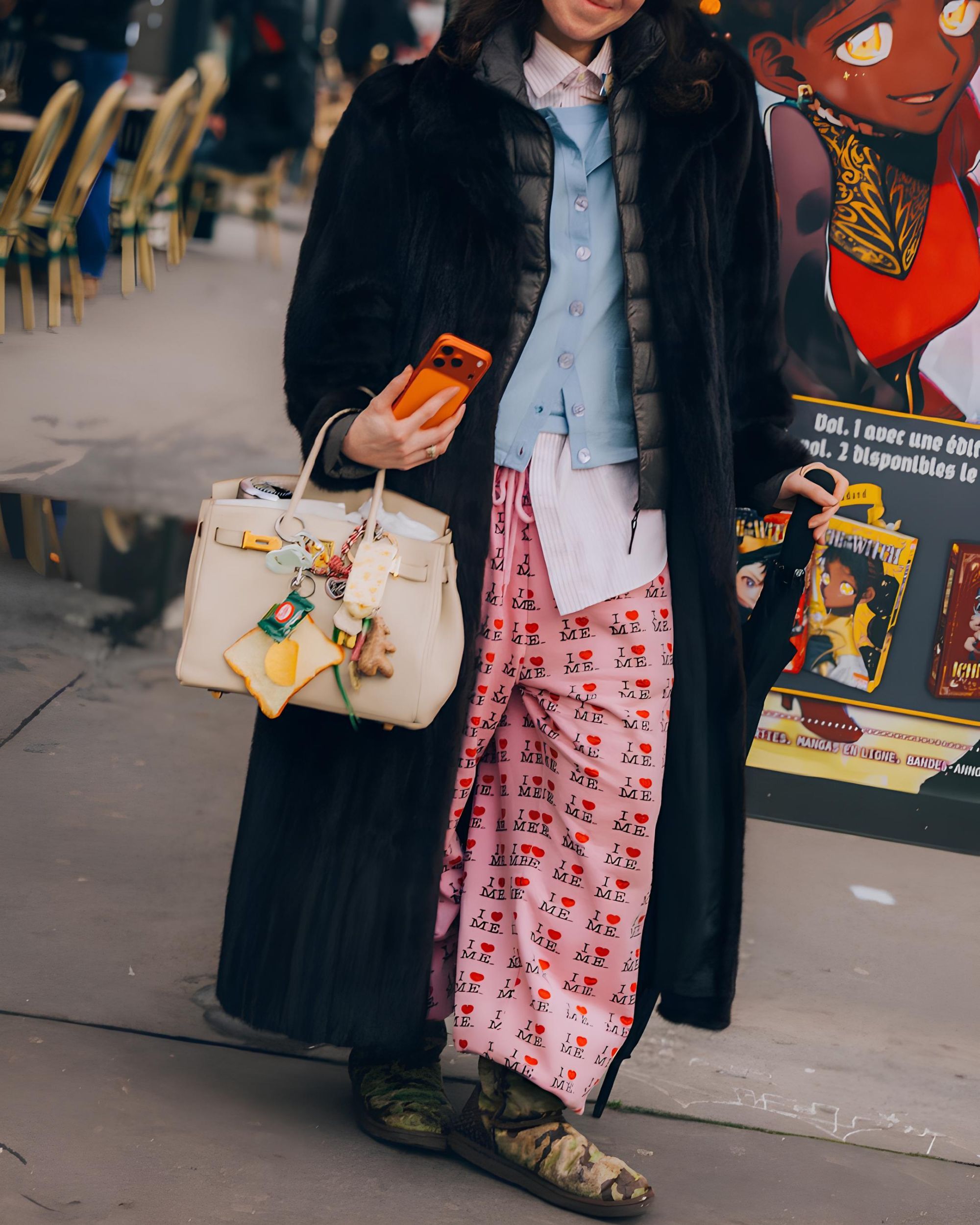
What's going on between TikTok and the United States Donald Trump said he wants to ban the app - and TikTokers didn't stand by
Donald Trump is considering the ban on TikTok in the United States. "It's something we're considering, yes," said the President of the United States; “It’s big business. Look, what happened with China with this virus, what they’ve done to this country and to the entire world is disgraceful." The announcement came a few hours after the word of Secretary of State Michael Pompeo, who in an interview with Fox News had anticipated the attempt to block the app from the American market: "Would you recommend downloading TikTok?" "Only if you want your private information in the hands of the Chinese Communist Party."
Trump did not release further details, but admitted that the TikTok ban is "one of many ways to target the Beijing government, guilty of infecting around 3 million people in the United States and killing over 130,000." The reaction of users was immediate: already at war with Trump for boycotting the rally in Tulsa, Oklahoma, after the latest statements TikTokers from all over the world have started to negatively review the government's app (Official Trump 2020 App) in the hope that it will be deleted from the Store's catalogue: "Just take back what you said you were gonna do to TikTok because you're taking away one of the most used apps to freely express yourself in America. It's almost like you're trying to take our rights away because you don't like how much power it's giving the youth to communicate and spread a message," one can read on the reviews.
The distancing from China
Owned by the Beijing-based parent company ByteDance, today TikTok is the most valuable startup in the world (holding over 110 billions of dollars) and during the lockdown has exceeded two billion downloads. The app has always kept away from allegations of affiliation with the Chinese government. Recently, for example, it announced (together with Google, Facebook and Twitter) that it will be withdrawn from the App Stores in Hong Kong: an important position that challenges the new Chinese security law, which requires tech companies to share with the govern their users' data. TikTok is not even available in China: ByteDance has launched other similar apps for the domestic market, such as Douyin and Toutiao, which alone have 1.5 billion users (to be added to the 2 billion in the rest of the world). Furthermore, the headquarters of TikTok are in Los Angeles, the hub for the European market is in London and in May it appointed as CEO American manager Kevin Mayer, ex-manager of Walt Disney responsible for the launch and success of Disney+.
The violation of privacy
Among the most important charges, there is that of violating the privacy of its users' data. It is not the first time for TikTok, which has recently been accused of violating the privacy of the biometric data of some minors in Illinois and California. To throw petrol on the fire, according to what reported by the New York Times, lately, Amazon sent an email to its employees asking to delete TikTok from all the devices with which they connect to the work email. The news was immediately commented by a spokesman, who stated that the email was sent in error and that the company's policies towards TikTok have not changed. Finally, only a few weeks ago India banned it on charges of "Undermine India's sovereignty and integrity, its internal defence, state security and public order." The decision was applauded in the United States by both Pompeo and Nikki Haley, a prominent member of the Republican Party.
Good to see India ban 59 popular apps owned by Chinese firms, including TikTok, which counts India as one of its largest markets. India is continuing to show it won’t back down from China’s aggression. https://t.co/vf3i3CmS0d
— Nikki Haley (@NikkiHaley) July 1, 2020
The hostility towards TikTok does not stop in the United States: recently, a spokesman for the Australian government said that the app could be "a data collection service disguised as social media." TikTok for the moment has distanced itself from any accusation: “TikTok is led by an American CEO, with hundreds of employees and key leaders across safety, security, product, and public policy here in the U.S," reads an official statement. "We have no higher priority than promoting a safe and secure app experience for our users. We have never provided user data to the Chinese government, nor would we do so if asked."

